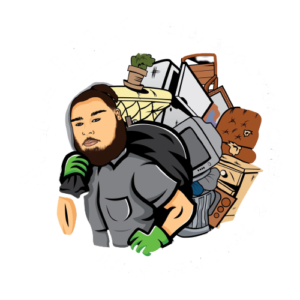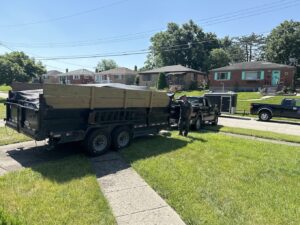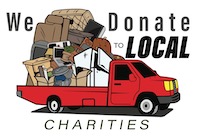Hoarding Prevention: How to Stop Clutter Before It Takes Over Your Life
How Hoarding Starts and How to Prevent It

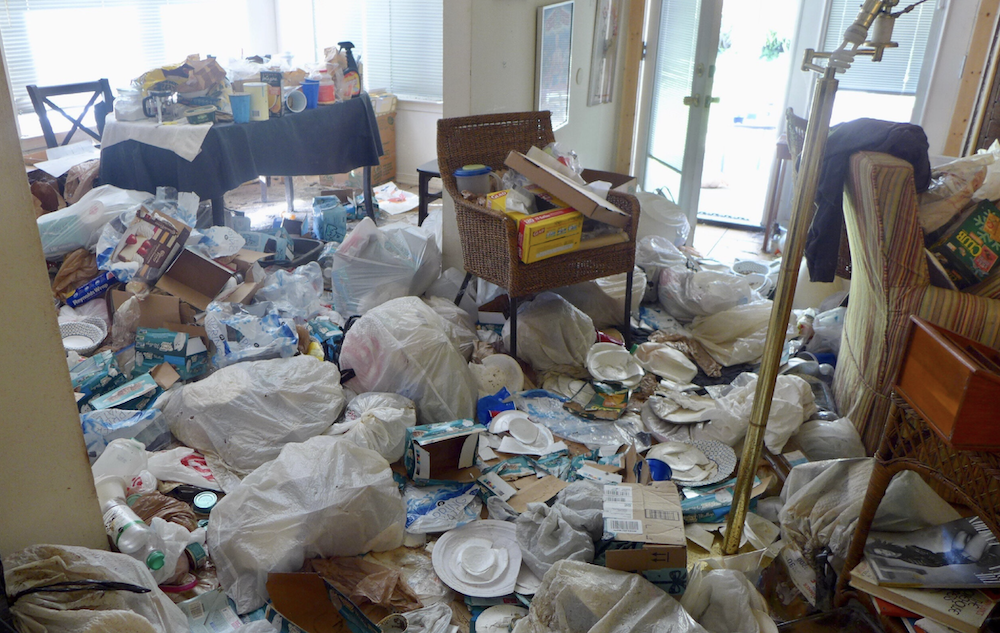
Hoarding is more than just a collection of clutter—it’s a psychological issue that can significantly impact a person’s life.
Many people may start with just a few extra belongings, but over time, these items accumulate to unmanageable levels, creating safety and health risks.
Addressing hoarding behavior early is essential, as early intervention can prevent the condition from worsening.
What is Hoarding?
Hoarding disorder is a mental health condition in which individuals experience persistent difficulty parting with possessions, regardless of their actual value. This behavior can lead to dangerous levels of clutter that interfere with daily living, from blocking exits to increasing fire hazards. Hoarders often attach excessive sentimental value to their items, which makes discarding them extremely distressing.
Some common symptoms of hoarding disorder include:
- Persistent difficulty discarding items.
- Anxiety or distress over losing possessions.
- Accumulation of items that congest and clutter living spaces, rendering them unusable.
- Indecision about what to keep, discard, or donate.
Causes of Hoarding
Hoarding behavior can stem from various factors. Some hoarders develop the disorder due to trauma or emotional events, where holding onto objects serves as a coping mechanism.
Other causes include genetic predispositions, depression, anxiety, or other mental health conditions. Hoarders often have trouble organizing items and may fear losing valuable possessions, contributing to the behavior.
Additionally, a history of deprivation can lead to “just in case” hoarding, where individuals keep items they may never need out of fear they won’t be available later.
How Hoarding Develops
Hoarding doesn’t happen overnight. It is often a gradual process. Initially, someone might hold onto items because they have intrinsic or sentimental value. Over time, these items build up and become harder to part with, creating an overwhelming environment. Hoarders eventually lose the ability to decide what to keep or discard, leading to further accumulation.
As hoarding behaviors intensify, individuals may be unable to use their living spaces for their intended purposes. This progression can lead to dangerous living conditions, including fire hazards and health risks due to unsanitary environments. The emotional toll can also lead to social isolation as individuals withdraw from friends and family.
Practical Strategies for Prevention
Preventing hoarding often begins with understanding the triggers and early signs. Here are some strategies that can help:
- Declutter Regularly: Schedule routine decluttering sessions to prevent buildup. Make it a habit to discard items that haven’t been used in a while. For instance, a helpful rule could be, “If an item hasn’t been used in the last year, consider letting it go.” This encourages healthier decision-making around what is truly necessary.
- Emotional Awareness: Be mindful of emotional triggers that cause the desire to hoard. Consider therapy or mindfulness techniques to manage those emotions.
- Organizational Support: Use tools like storage bins, shelves, and labels to store belongings neatly. It helps prevent items from accumulating in random piles.
- Limit Buying: Make conscious decisions about purchases. Avoid purchasing items “just in case” unless they are necessary. Buying fewer items reduces the likelihood of new clutter accumulating.
Seeking Professional Help
In some cases, professional assistance is vital for preventing or managing hoarding. Cognitive Behavioral Therapy (CBT) has been particularly effective in helping individuals identify and change negative thought patterns associated with hoarding. It helps individuals understand why they find it difficult to part with possessions and teaches strategies for making healthier decisions about what to keep or discard.
In more severe cases, professional junk removal services or cleanup specialists can help clear out cluttered spaces. If you or a loved one has accumulated too much to handle alone, bringing in a professional service ensures a safe and thorough cleanout. These services can provide immediate relief, allowing the individual to rebuild healthier habits.
When to Seek Help
You may need to consider professional intervention if:
- Living spaces have become so cluttered that they are unusable or pose health and safety risks.
- The clutter creates significant stress, anxiety, or conflict in relationships.
- You find it impossible to part with even low-value or unnecessary items despite a desire to declutter.
A Fresh Start Awaits
Hoarding can feel overwhelming, but it’s entirely preventable with the right awareness and support. Taking early action is key to avoiding a more challenging situation down the road.
If you’re beginning to notice signs of hoarding or want help to manage clutter, All in 1 Junk Removal and Demo is here to offer a helping hand. Our friendly and experienced team provides everything from appliance removal to yard waste cleanup, ensuring your space is safe and organized.
Contact us for a free estimate today, and let us handle the hard part so you can enjoy a clutter-free, peaceful home.
-
 07 Jan 2025Cheap Junk Removal in Cincinnati: The Hidden Dangers You Need to Know
07 Jan 2025Cheap Junk Removal in Cincinnati: The Hidden Dangers You Need to Know -
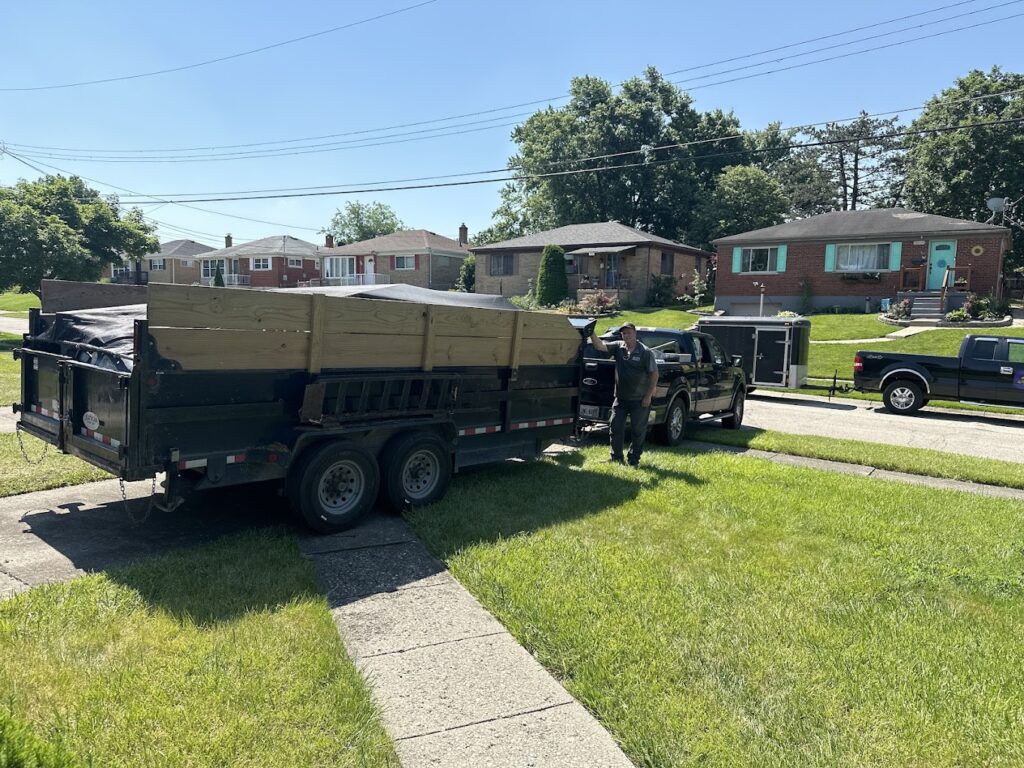 07 Jan 2025Affordable Junk Removal Services in Cincinnati With Great Reviews
07 Jan 2025Affordable Junk Removal Services in Cincinnati With Great Reviews -
 26 Oct 2024Local Junk Removal Service
26 Oct 2024Local Junk Removal Service -
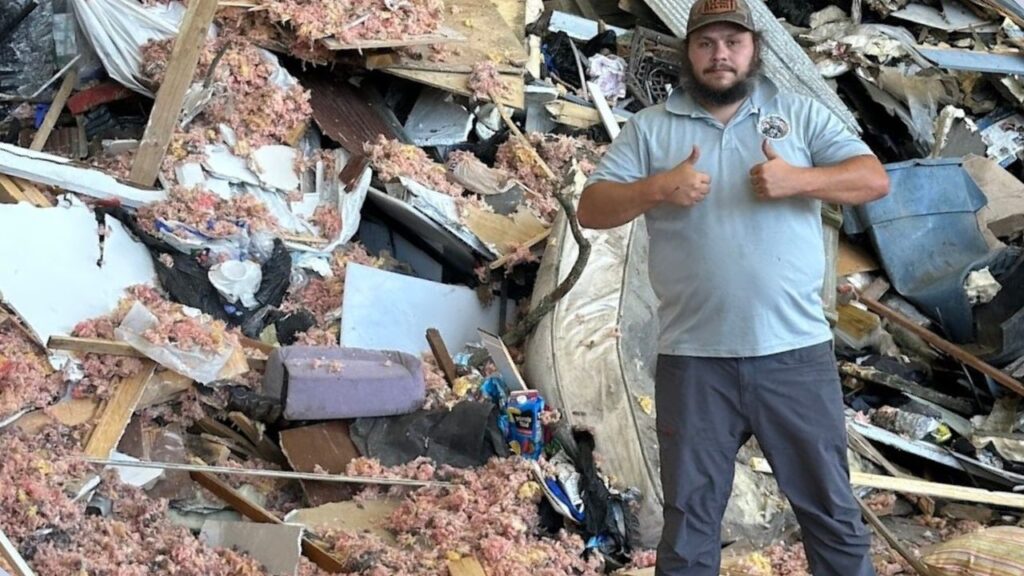 20 Oct 2024How the Hoarding Cleanup Process Takes Place
20 Oct 2024How the Hoarding Cleanup Process Takes Place -
 13 Oct 2024Hoarding Prevention: How to Stop Clutter
13 Oct 2024Hoarding Prevention: How to Stop Clutter
